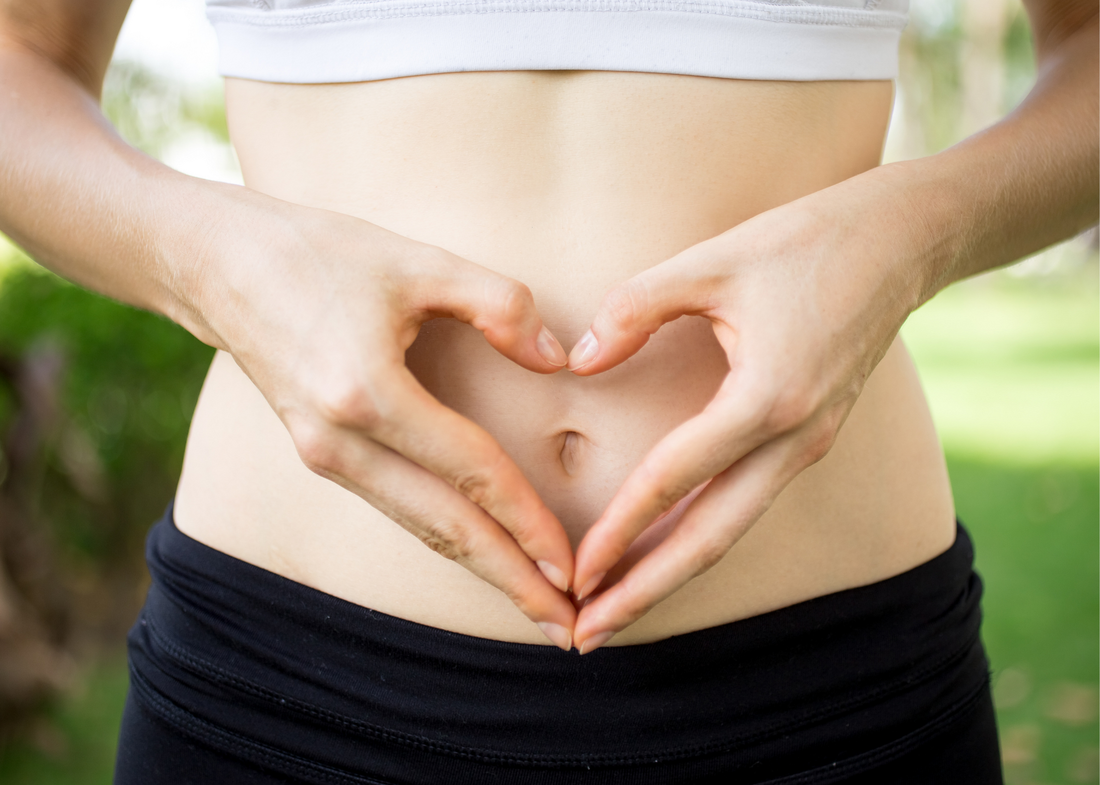|
Gut function, introduction The gut is an adaptive interface, an important part of the digestive system which separates the outside world from our internal world: a tube with two endings. The mouth at one end and the anus at the other. The inside of the tube may, in fact, be considered external to the body, because the influence of the outside environment can be felt inside this tube. If we look at the gut in a simplistic way, it acts as border control, only allowing “passport-holders” to enter. One individual (or nutrient) can pass this border at a time, in the same way we cross border control at an airport. This means that large groups of people (large molecules) must be broken, and this is what the upper part of the digestive tract is entrusted with: get each individual (nutrient) ready for border control (absorption).
It has been known for millennia that “all disease begins in the gut” a common phrase attributed to Hippocrates (460–377 BC), but we are only beginning to truly understand the pivotal role of the gut in health and disease. Imagine if large groups were able to push through border control and cross the frontier, and carry their luggage with them (as observed in increased intestinal permeability, or leaky gut syndrome). Imagine individuals carrying weapons and attacking border control staff (reactive molecules like gluten and those found in dairy products, as well as toxic substances like some additives, traces of solvents manufactured from petrochemicals, and pesticides). Imagine a loud, problem-making group of individuals (sugar), disturbing the entire environment and driving chaos. Imagine this happening all day every day. Border control would become a place at war, desperately trying to hold their position while being attacked on every front, with commonly innocent individuals (lectins, phytic acid, histamine) and residents (opportunistic pathogens) throwing all they got (microbial inflammatory by-products) at border control in order to maintain chaos, which can only get worse if the perpetuators are not removed. Once eliminated, the inflammatory situation may still remain for a while, but, eventually, the area will return to normal and order may be restored. It is not to say that future outbreaks are impossible, especially that those ‘seemingly-innocents’ have experienced the full extent of their power. Back to our physiology. The gut is designed to process food in order to provide the energy, building blocks and cofactors essential in every biological process. It is also a two-way interface that allows for the elimination of metabolic waste and other substances. It is also a barrier against ingested pathogens and other factors. The gut, therefore, play crucial roles in digestion and absorption, integrity and immunity, motility, and balancing the gut microbiota. Any issues arising from any one of these key roles will have an impact on the assimilation of essential nutrients and on our overall health and well-being. The impact of our modern world on our gut environment It is not surprising that our gut and its integrity is being put to the test since the industrial revolution. Since then, new processing methods and new molecules have been invented to increase standardisation and profitability by using cheap ingredients and the manufacture of convenience and ultra-processed food products. A dramatic shift happened in human history at this time. We became disconnected from our roots, from nature, with the masses moving to the cities, and from food. Eating became associated with pleasure and no longer seen as a necessity to fulfil our most basic physiological requirements. Meal settings and habits were also broken. We started to eat much faster, often eating on the go or at our desk, and more often, a shift also triggered by the addictive ingredients newly-incorporated in the food chain. Today, less than 50% of people eat fresh foods and far too few consume 5 of their 5-a-day. In fact, NHS UK displays alarming statistics: In 2018, only 28% of adults and 18% of children aged 5 to 15 were eating the recommended five portions of fruit and vegetables per day. Eating less nutritious foods, like fruits and vegetables, and eating a greater amount of ultra-processed manufactured food products known to contain a multitude of additives and addictive substances, is raising serious safety concerns. In fact, many additives have been shown to impact the constitution of the gut microbiome and play a part in disease involving microbial imbalances, inflammation and stress. Eating faster, mixing too many food groups in one sitting and the increased complexity of food poses a bigger challenge for our digestive system and it is likely that we have not yet adapted to those changes. This may correlate with the explosion of metabolic disorders and increased rate of obesity and diabetes. At the same time, malnutrition is back in the Western parts of the world where food abundance is highly common. Therefore, malnutrition is no longer linked to not having access to food but to particular dietary choices, including poorly-nutritious diets revolving around ultra-processed manufactured food products, or other types of restrictive diets (crash dieting, calorie-controlled diet, strict diets like paleo, ketogenic or vegan diets, or supervised or unsupervised therapeutic diets, like the FODMAP diet). While our diet is having a major impact on our health, one of the key components of health that is the subject of much dispute, is fibre. Many studies have demonstrated that excess intake of fibre does not protect the body from metabolic disorders and may actually be harmful, particularly for gut health. When it comes to research, the invested parties, the choice of the studied substance, and conflicts of interest must be accounted for, and this is why there are so much contradictory conclusions. , It may be anticipated that using highly-reactive molecules in studies, like gluten found in wheat cereal products, may cause inflammatory responses that negate the health-supportive effect of dietary fibre. Fibre: Insoluble or soluble? Fibre is essential to create bulk and maintain peristalsis, the one-way movement of the digestive tract, generated by stress impacted to the cell wall by food or stools. In response to the pressure, cells of the digestive tract wall contract, pushing the matters forwards, in a — domino-like effect — series of wave-like muscle contractions, until most or all nutrients from food and water have been extracted, and the stools reach the rectum, ready for elimination. Insoluble fibre, on the other hand, do not participate to the formation of stools. This type of dietary fibre is often referred to as prebiotic fibre and, therefore, play a pivotal role in the balance of the gut microflora. This type of fibre is essential to life. We are clearly outnumbered. We harbour a multitude of microbial communities which shadow our own cells, and so, the impact of the gut microbiome on our body, in health or disease, cannot be any more apparent. Feeding the gut microflora with the right kind of raw ingredient is, therefore, crucial to maintain a healthy gut milieu that is contributing to our health and overall well-being. It is now understood that the gut microbiome has an effect on our mood and our emotional balance, as well as our cognition. Poor cognition and neurodegeneration has been linked to 11 dysbiosis (a disturbed gut milieu), increased intestinal permeability and a sugar-rich diet, among other 12 key dietary components, like a very low (soluble) dietary fibre intake. If you've been struggling with your digestive health and would be interested in looking into things further why not book in with one of the team? You can find full details of what's involved here. References:
0 Comments
Leave a Reply. |
Amazon Associates DisclosureNourishing Insights is a participant in the Amazon EU Associates Programme, an affiliate advertising programme designed to provide a means for sites to earn advertising fees by advertising and linking to Amazon.co.uk. Archives
December 2023
|
WHAT OUR CLIENTS ARE SAYING“I did Nutritional Therapy with Beverley and it was life changing. I highly recommend it!” Allison Blakely (Glasgow)
|
Contact Us |




